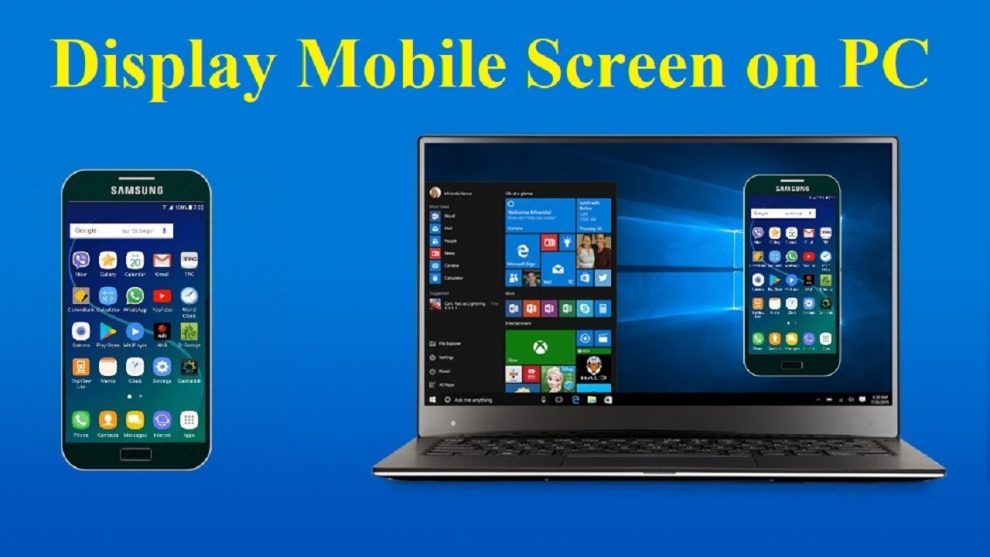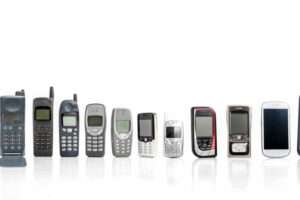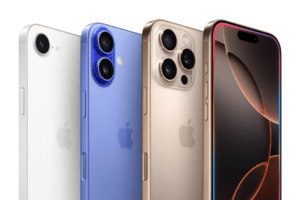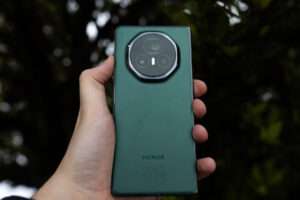Want to view content from your Android phone on a larger display? Screen mirroring allows you to wirelessly project your phone’s screen onto your laptop. This opens up new possibilities for entertainment, gaming, productivity and more. Here’s a comprehensive guide to screen mirroring your Android phone to a Windows or Mac laptop using both built-in and third-party options.
Benefits of Screen Mirroring Your Phone
Before diving into the how-to, let’s look at why you may want to screen mirror in the first place:
- Watch movies and videos on a bigger display.
- View photos or slideshows from your phone on your laptop.
- Play Android games with a larger view.
- Use phone apps on your laptop screen for easier access.
- View work documents, files and data from your phone on a PC.
- Presentations and demos using your phone’s content and apps.
The possibilities are endless! Screen mirroring opens up new ways to harness the portability of your phone while enjoying the benefits of a larger laptop display.
Built-in Screen Mirroring Options
Many Android phones and laptops have built-in screen mirroring capabilities that can be accessed through OS and software features. Let’s look at how to use native screen mirroring on Windows and Mac devices.
Windows 10 and 11
Microsoft’s latest Windows releases include integrated screen mirroring functionality that allows you to project your Android screen through Wi-Fi or USB connection.
Pre-Requisites
- Windows 10 build 1607 or later, or Windows 11.
- Android 8.0 Oreo or later.
- Both devices connected to same Wi-Fi network.
On Your Windows Laptop:
- Go to Settings > System > Projecting to this PC
- Under “Some Windows devices can project to this PC” choose “Available everywhere” or select “On same network”
- Hit “OK” to save settings
On Your Android Phone:
- Swipe down from the top to access Quick Settings
- Look for “Smart View”, “Cast” or “Wireless Projection” and tap on it
- Select your Windows laptop from the list
- Allow any prompts on your phone to begin mirroring
That’s it! Your Android screen should now be mirrored on the Windows laptop display. Gestures and controls will work from your phone as you interact with apps and content.
macOS
AirDroid Cast is a handy utility for wirelessly projecting your Android screen to a Mac. Here’s how to use it:
Pre-Requisites
- Mac running OS X Yosemite 10.10 or later
- Android 5.0 Lollipop or later
On Your Android Phone:
- Install AirDroid Cast app from Play Store
- Open the app and select “Screen Mirroring”
- Follow prompts to connect your Mac
On Your Mac:
- Download AirDroid Cast desktop client
- Make sure your Mac and phone Wi-Fi are connected
- Launch the AirDroid Cast Mac app
- Your phone’s screen will appear in the app window
AirDroid provides a seamless wireless mirroring experience between your devices. You can now enjoy your phone’s apps, videos, photos and more on your Mac screen.
Third-Party Apps for Screen Mirroring
Don’t have native support or want more robust mirroring features? Third-party apps provide alternative screen casting options with additional capabilities. Here are some top picks:
1. ApowerMirror
Key Features:
- Real-time screen mirroring
- lag and error-free streaming
- Record phone screen while mirroring
- Capture screenshots
- Control phone from laptop
ApowerMirror works seamlessly for both iOS and Android mirroring. It offers a free version, along with paid plans that add functionality like higher resolution support.
2. Mobizen
Key Features:
- Low latency screen casting
- Edit captured screens with annotations
- Screen recording
- One-click APK share
- Remote app control
Mobizen is a robust mirroring tool tailored for Android featuring low-latency streaming, annotation tools and screen recording capabilities.
3. MirrorGo
Key Features:
- Zero delay real-time mirroring
- Use Android apps on laptop
- File transfer between devices
- Record phone screen
- Simulate touch gestures with mouse
MirrorGO’s seamless real-time casting makes it a great choice for gaming and video. Added functionality like file transfers and touch simulation boost productivity.
Tips for Smooth Screen Mirroring
Follow these tips to enjoy lag-free, high-quality screen mirroring between your Android phone and laptop:
- Stable Wi-Fi Connection: Use the 5GHz band if available and remain close to the router.
- Reduce Clutter: Close unused apps and limit device multitasking during mirroring.
- Update Software: Install latest OS, drivers, and apps for best compatibility.
- 1080p Display: Match higher phone resolutions for crisp image quality.
- Adjust Performance: Lower brightness and enable battery saver mode on phone.
With the right setup and utilities, screen mirroring can become an indispensable tool for new ways to enjoy content across your Android phone and laptop. Try out these diverse options to find the best match for your display needs!
















Add Comment